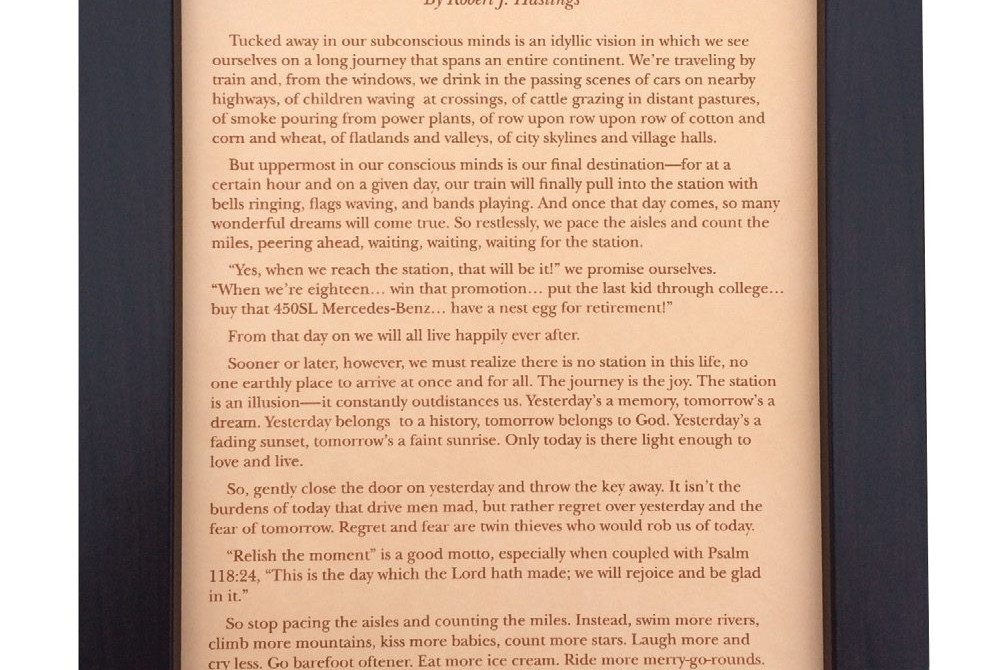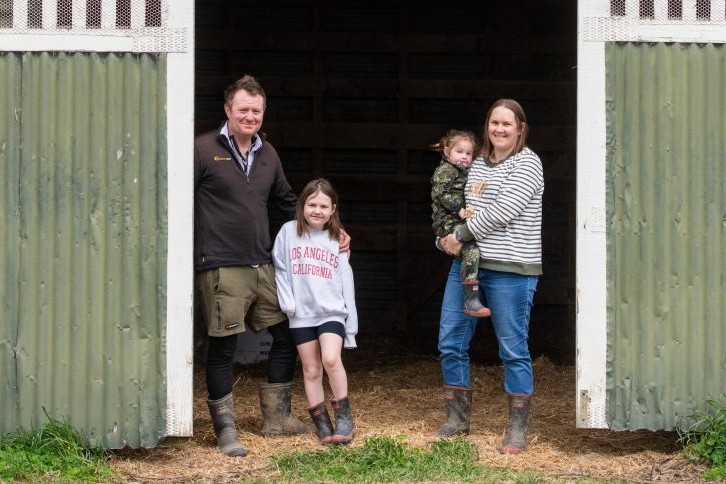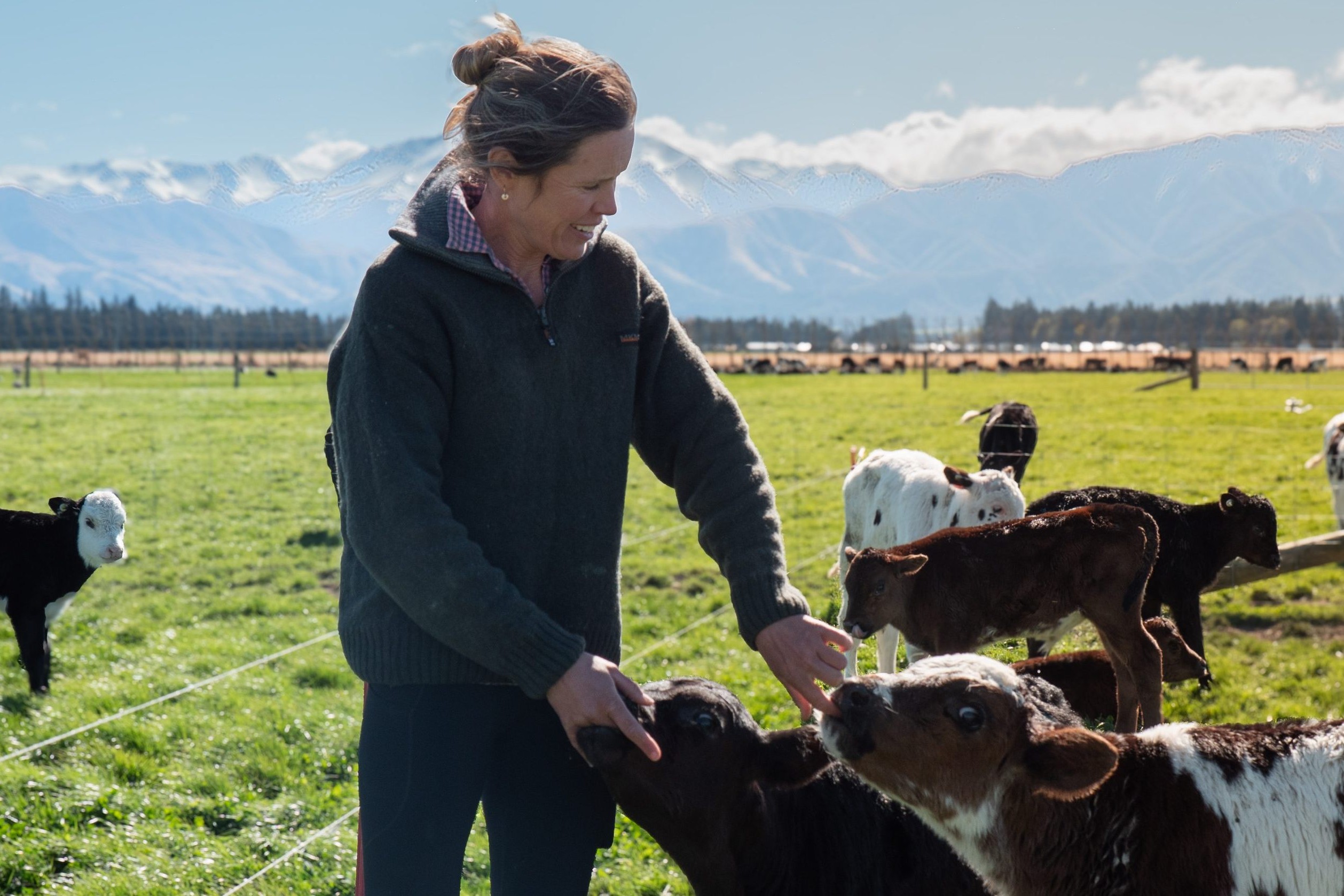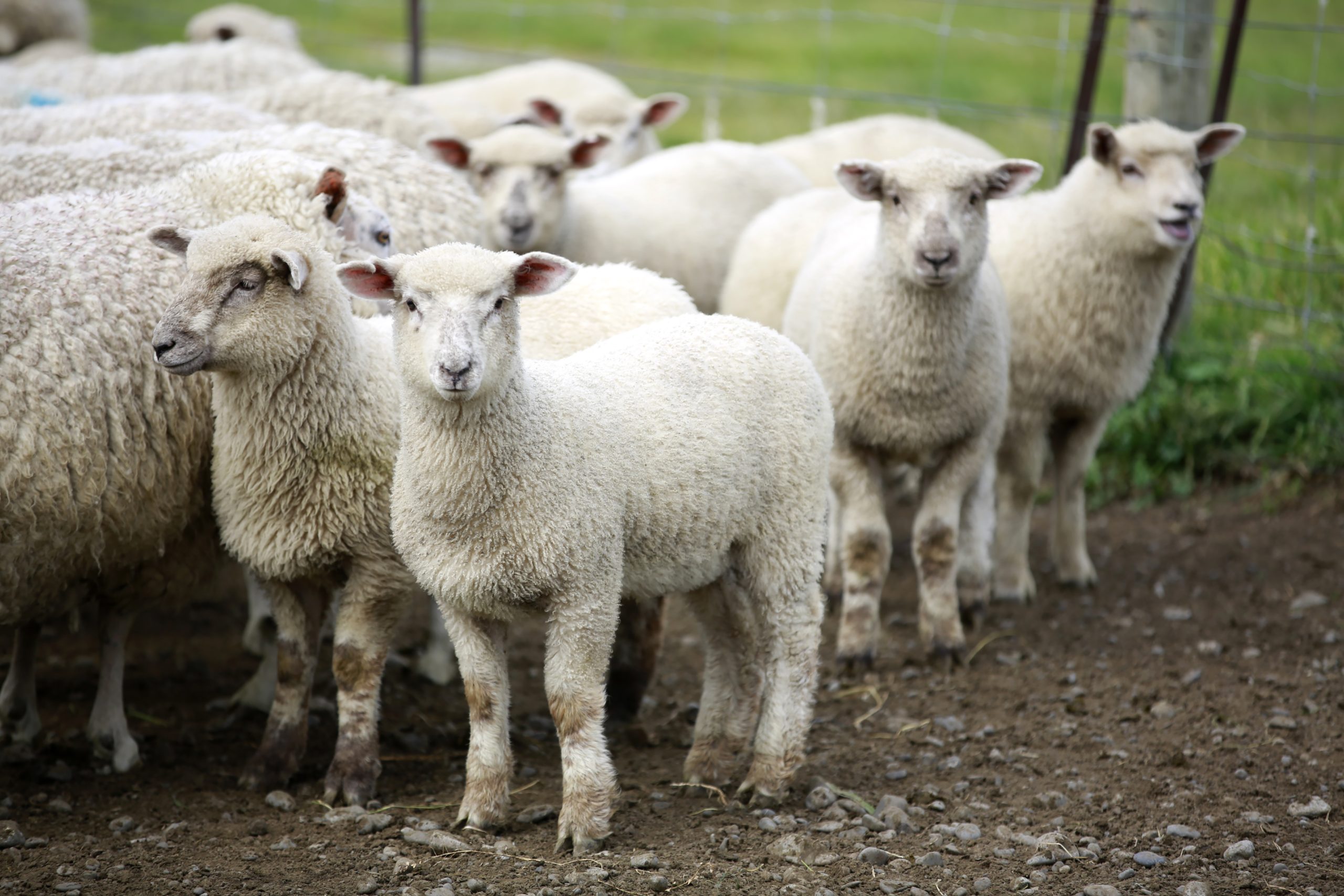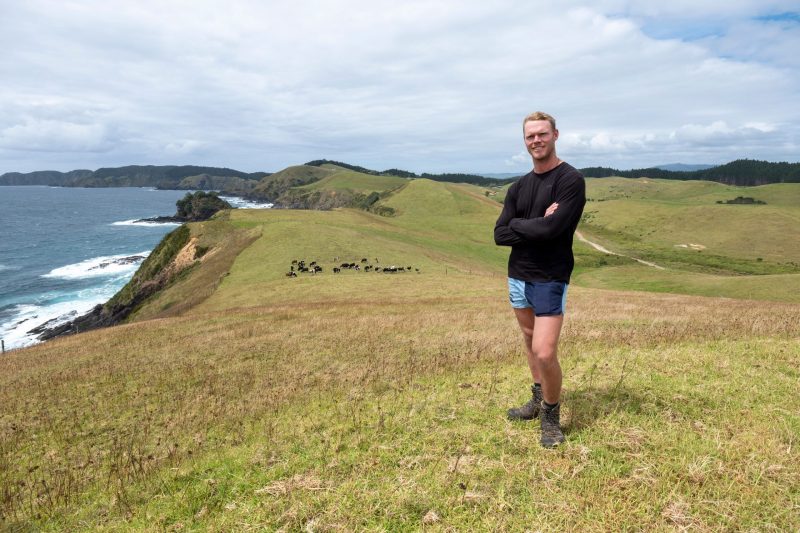Discussion group the day before lockdown exposed the progress of a farming business which was told when last visited that it was not financially viable. As well, the poor pasture control on the hills was criticised and that per-head performance was being too compromised in the interests of higher per hectare performance.
At the August meeting the almost tenfold increase in the EFS over the last four years was testament to sticking to a plan despite having to compromise so much and put up with too many things not being right.
Having very poor cashflow could be and often is a pathway to destruction. But working within that cashflow, implementing unpalatable policies that have clear objectives to create it and putting up with criticism does work.
That outcome was the result of combining planning, monitoring, an ability to focus only on the bits that improved the cash position and having a thick skin. Perhaps that discussion group forum had its part to play. It certainly did in helping look at the next steps, now not so constrained by lack of cash.
An interesting discussion was about how much investment is made in a farm. Is there an end point to spending money on development? Repairs and maintenance are a necessary spend but new tracks, fences and pasture, for example, can keep soaking up funds. Whether to slow up and start accumulating more cash or keep spending is a very personal thing. Obviously succession can have a huge impact on which option is taken.
Pinned to my office wall for 20 years is a page titled The Station. It describes being on a train enjoying the journey but getting to the destination is the thing most on your mind. When we get to the station that will be IT.
Similarly when we get debt-free, when the kids leave home, when we retire, are in effect stations but they will always be followed by more stations. The message in this page is that the journey is where most of the achievement, joy and satisfaction happens. This so much applies to that end point of farm development.
If accumulating the cash instead of spending on the farm leads to another journey then it has been a good choice. But farming is all about the journey.
Enjoying and getting the satisfaction of making the farm more productive, easier to run, more sustainable or whatever is as much a valid spend as taking the cash. As well, the long-term benefits might be that the farm is worth more, or that the next generation will be better off. But extending the journey is justified in its own right. To capture the other benefits is the icing on the cake.
I am always impressed with the dynamics, influence and companionship that exists in discussion groups. It is a forum to blow off frustrations to a totally sympathetic audience. Discussions like that described above can only happen in a safe environment where the criticisms are taken as being helpful and being exposed is not destructive.
I get a lot of pleasure returning to a farm and seeing a lot of change. But equally the group members get pleasure seeing one of their own succeeding. There is no other industry that does this, and maybe it is unique to us. Visiting overseas farmers who I have taken to discussion group days have always been amazed about the willingness to share information and willingness to help.
Service providers such as bankers and fertiliser reps often come to these days and usually to support the host. But I see much more value in them being there because they need to be exposed to the reality of making a farm succeed.
Service providers often do not appreciate how hard it can be to apply best practice. No farmer does it perfectly and getting close to best practice is as good as it gets. Appreciating why budgets are not met and a planned spend is not made is important.
The discussion group days that I facilitate usually get an animal health reminder. This session never fails to trigger lots of discussion. An outsider observing this would easily think there is massive conflicting advice given to farmers to lead to such vigorous discussion. There is probably a big element of truth in that observation but the reality of what fits and works on a farm very often necessitates varying from best practice.
The biggest variation is in trace element inputs. The lack of monitoring data to base inputs on is very common. But factors like the convenience of yarding, the level of trading and the source of replacement stock all justify a varied approach to trace elements and vaccines. In that group forum though there is the opportunity to present best practice to set as the target.
Getting close is as good as it gets.

